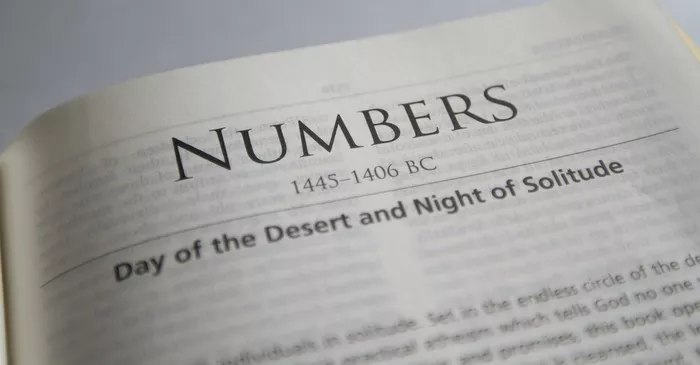Numbers Chapter 36 Summary
Numbers 36 addresses the inheritance concerns of the daughters of Zelophehad, who had previously been granted the right to inherit their father’s land since he had no sons (Numbers 27). However, tribal leaders raise a new issue: if these women marry outside their tribe (Manasseh), their land would transfer to another tribe after the Jubilee year, disrupting tribal allotments.
To resolve this, Moses rules that the daughters must marry within their father’s tribe to keep the land within Manasseh. The daughters—Mahlah, Tirzah, Hoglah, Milcah, and Noah—comply by marrying their cousins, preserving their inheritance. This law establishes a precedent ensuring tribal land remains intact.
The chapter emphasizes obedience to God’s commands, fairness in inheritance, and the importance of maintaining tribal unity in Israel’s promised land. It concludes the book of Numbers, reinforcing orderly governance under divine law.
Bible Numbers Chapter 36
Welcome to read Numbers Chapter 36. Here is the list of Numbers Chapter 36:
What Does Numbers Chapter 36 Teach Us?
Numbers 36, the final chapter of the book, provides important lessons on faith, obedience, justice, and community responsibility. The chapter revisits the case of Zelophehad’s daughters—who had earlier secured the right to inherit their father’s land (Numbers 27)—but now addresses a new concern: if they marry outside their tribe (Manasseh), their land could pass to another tribe after the Jubilee, disrupting God’s original tribal allotments.
God Honors Justice and Fairness
The initial ruling in Numbers 27 showed that God values fairness, granting inheritance rights to daughters when there were no sons. Now, in Numbers 36, He ensures that justice is balanced with wisdom, preventing future disputes over land distribution.
Faithfulness to God’s Covenant Requires Wisdom
The tribal leaders’ concern highlights the need to uphold God’s commands while applying practical wisdom. Their solution—requiring heiresses to marry within their tribe—preserves both individual rights and communal stability.
Obedience Strengthens Unity
The daughters of Zelophehad willingly obeyed, marrying their cousins to keep the land within Manasseh. Their submission to God’s law demonstrates that true faith involves both trust and action.
Community Matters in God’s Plan
The issue wasn’t just about personal inheritance but about maintaining the integrity of Israel’s tribes. God’s laws were designed to protect the whole community, not just individuals.
God’s Laws Bring Order, Not Restriction
Some might see the marriage restriction as limiting, but it actually ensured long-term stability. God’s commands are meant to prevent chaos and preserve His promises.
Conclusion
Numbers 36 teaches that God’s justice is both compassionate and orderly. He cares for individuals (like Zelophehad’s daughters) but also for the greater community (the tribes of Israel). True obedience requires discernment—balancing personal rights with collective responsibility. The chapter closes the book of Numbers by reinforcing that faithfulness to God’s covenant brings blessing and stability. Just as Israel was called to trust God’s laws in dividing the land, believers today are called to live wisely, ensuring that their choices honor God and benefit others. Ultimately, Numbers 36 reminds us that God’s ways are perfect, designed for our good and His glory.
Related topics:


